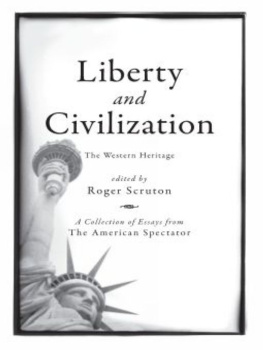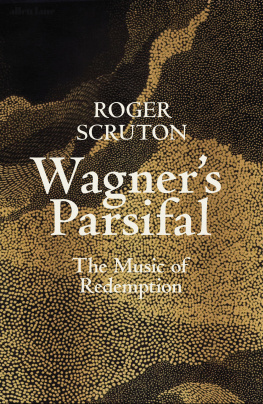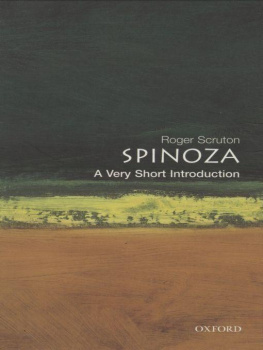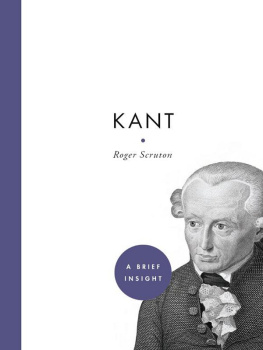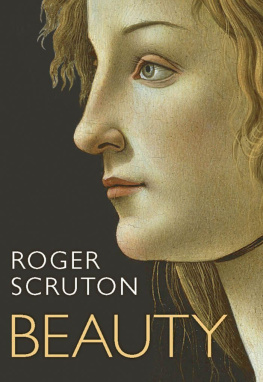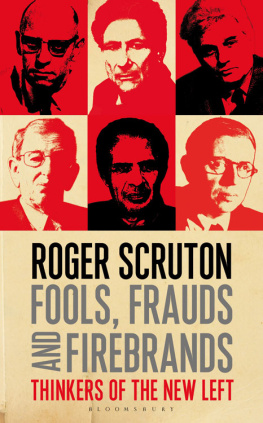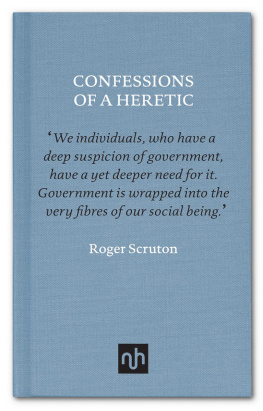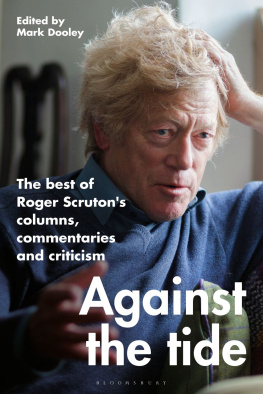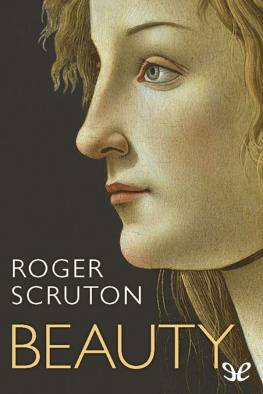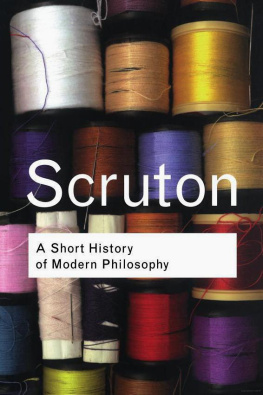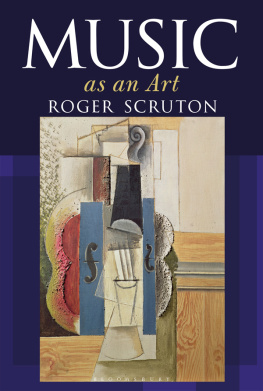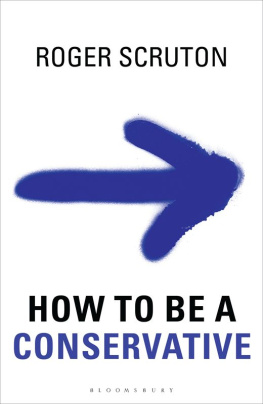Preface
The essays in this volume originally appeared during the course of 2008 in The American Spectator and were commissioned with the help of a generous grant from the John Templeton Foundation, for which I and the editorial team at the Spectator are extremely grateful. In recent years the Templeton Foundation has played a large part in supporting the intellectual and spiritual legacy of our civilization and encouraging people to think creatively and independently about the larger questions that concern modern societies. One of these questions addresses the place of liberty in the Western heritage. As many of the essays make clear, it is not a question that can be detached from the Judaeo-Christian tradition of social thinking; and we who are heirs to that tradition are under a special obligation today, confronted by militant atheism at home and militant Islam abroad, to clarify the nature and extent of our debt to the Jewish and Christian sources. As several authors argue, without the Biblical idea of free choice as the essence of the human condition, the political systems with which we are familiar in the Western world would not have emerged.
The belief in individual liberty as the goal of political order has taken root in Europe and its diaspora largely because individual liberty has been seen as a prerequisite of the relationship between man and God. And during the Enlightenment that religious idea was given a secular elaboration, in the theory of human rights and the idea of popular sovereignty. Since then it has been widely assumed in the West that political order exists for the sake of the individual, not the other way round. It is on that assumption that our political institutions have been built, reformed, and defended. But is the assumption still valid today? And can it remain in place in a world that increasingly turns its back on the Judaeo-Christian view of the individual as the creation of a loving God, endowed with free will and personality, and fulfilled through the exercise of sovereign choice?
Those questions are now of the first importance, and this timely book of essays will surely help to clarify the thinking of those who recognize the importance of liberty in defining the political contests, both national and international, in which we in the West are now embroiled. The authors are (for the most part) of a conservative persuasionindividual liberty having become, in the face of the expanding state and the leftist assault on civil society, central to the conservative outlook. But the essays show a commendable freedom from dogmatism and an openness to argument that will, I hope, appeal to a wide audience, and in particular to those who view with concern the steady loss of liberties in Western societies today.
Rather than surveying the essays in this preface I conclude the book with an essay of my own, attempting to bring together the many themes explored by the other authors and drawing some conclusions pertinent to the great choices that we in the West now confront.
Roger Scruton Sperryville, Virginia December 2008
Religious Freedom and the American Inheritance
Seamus Hasson
It is fitting to begin this book with religious freedom, as defined by the First Amendment to the U.S. Constitution. For the freedom of conscience, so long taken for granted in our societies, is no longer a reality, with radical Islam extending its censorship in Europe and radical atheism attempting the same in America. Seamus Hasson, director of the Becket Fund for Religious Liberty, here considers the chequered history of religious freedom in America and the current controversies over the no establishment clause.
There is, perhaps, no other area of American life in which we claim to be so thoroughly united. And there is almost certainly no other area in American life in which we are, in fact, so vexingly divided.
THE MYTH
Ask nearly anyone if there is religious liberty in America and youll get some version of The Myth: The Pilgrims came from England in search of religious freedom. They found it in Plymouth Colony, took a break for Thanksgiving Dinner, then somebody passed the First Amendment and we all lived happily ever after. Push back ever so slightly and the cognitive dissonance will begin. The culture war? Yes, well, we all would be living happily ever after if it werent for the crazies who just dont get it and are trying to shovepick either (a) separation of church and state or (b) their religiondown our throats.
Ask either set of crazies whether its really true that they oppose religious liberty? More dissonance. Nobody will ever admit to opposing religious freedom for all. On the contrary, everyone will steadfastly insist they absolutely love the stuffwhich is why they are so nobly defending it against the unscrupulous fanatics on the other side.
Pose the big questions, extreme dissonance. Where does religious liberty come from? Why, its a natural right that the First Amendment gives us. And just what does it protect? Social harmony, by allowingpick either (a) only the true religion or (b) no religion whatsoeverto be expressed in public culture.
In short, as a society, were at wits end. We assume we must understand something so basic to our heritage as religious freedom. But when we actually take a look at it, all the philosophical and legal lines seem to blur and to overlap one another. Lets face it: when it comes to religious liberty, we really dont know what we think.
That is a very precarious position to be in. The cognitive dissonance might be vaguely laughable if these questions werent so urgent. But our growing religious diversity makes them not just urgent, but fundamental to our identity. If we were living in the Vatican City State, or perhaps in a remote mountain village in Utah, we would likely not find ourselves having to debate the origins and meaning of religious freedom. The fact is, however, we are living in the most religiously diverse society in the history of the world. It is becoming more diverse by the day. And some of our new neighbors seem deadly seriousliterallyabout their beliefs. Now more than ever, it is essential that we know what we think about religious liberty.
A quick tour of our history will reveal the sources of our present confusion. It will demonstrate that The Myth is, well, a myth. There has never been a golden age of religious tranquillity in America. There has always been religious competition, even on board the Mayflower itself. And judging from all the failed attempts at outlawing it, there always will be. That is so, moreover, not because we have up until now somehow lacked the ingenuity to discover how to stifle religious competition. It is because it is impossible. There will always be religious competition because we human beings are conscience-driven creatures that have a built-in thirst for truth and goodness and find ourselves duty-bound to embrace and express the truth and goodness we think we know. Learning from our historic failures will also point the way forward. As well see, religious liberty is not now, and never has been, the recipe for eliminating religious competition. On the contrary, it is the built-in rulebook for how the game is played.
Well also discover the roots of judicial confusion over religious freedom. At the end of the day, well see that, legally, religion in America is a lot like sex, race, or ethnicity in America. We dont deal with diversity by pretending we are all male. We dont deal with it by pretending we are all white. We dont deal with it by pretending we are all Irish. Why should we have to deal with religious diversity by pretending we are all agnostic?




